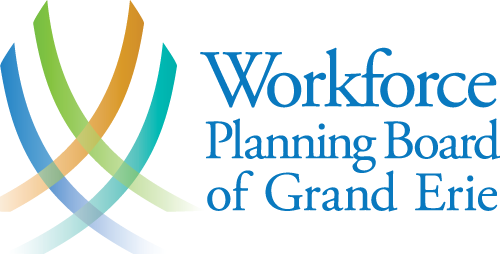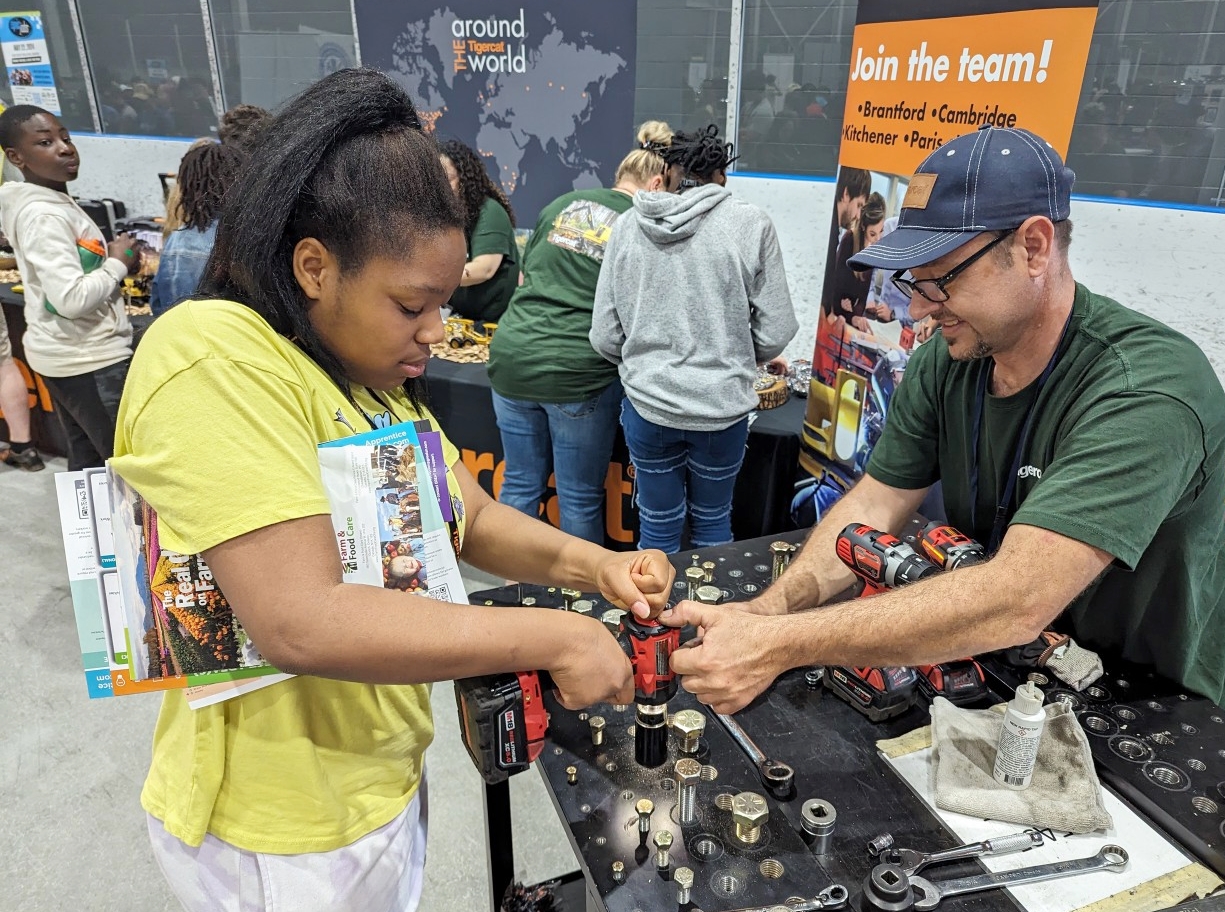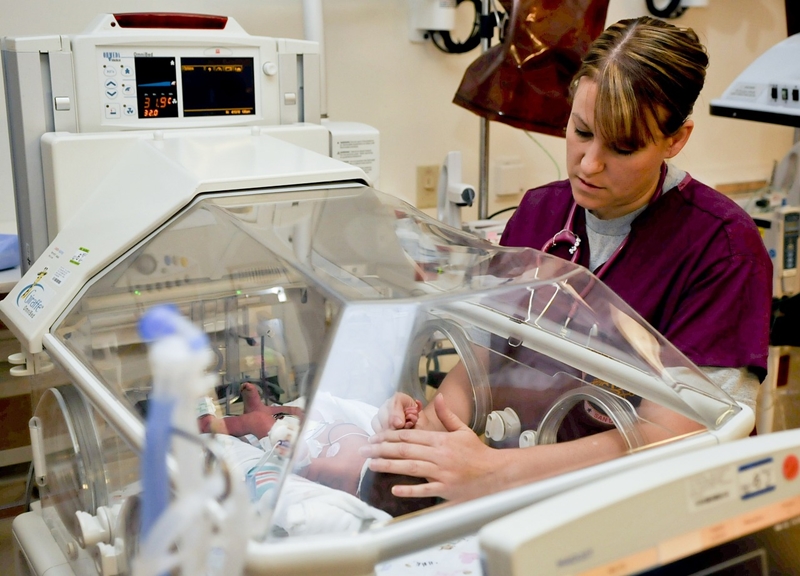More than 40% of Grand Erie residents have lost work due to the COVID-19 crisis, a new survey shows.
The Workforce Planning Board of Grand Erie’s COVID-19 Worker Impact Survey of 450 people found that 37% are temporarily not working, while another 5% have permanently lost work.
The biggest impact has been on people in the sectors of accommodation and food services, retail and wholesale trade, and education. Youth (ages of 18 – 24) working part time in the retail and food sectors appear particularly hard hit.
One in three respondents said they were worried about having enough food, and paying their rent, mortgage and paying monthly bills.
The local survey’s results are consistent with those from six other workforce planning boards in Southwestern Ontario, who conducted the same survey. Collectively, Workforce Planning West surveyed 2,570 people.
“The results of this survey will give government, business, and the community a better understanding of how the COVID-19 crisis has impacted workers and their families in our region,” said Danette Dalton, executive director of the Workforce Planning Board of Grand Erie. “These results will also help inform where the Workforce Planning Board focuses its efforts to support our community.”
The survey asked if and how a worker’s employment status changed since March 2, their occupation, and which sector they were employed in. Questions were designed to gain insight into which groups of workers have been most affected by COVID-19 and in what ways.
In the Grand Erie region, 54% of respondents said they are working less or not at all, 27% are working the same amount, while 19% are working more, especially people working in health care, transportation and warehousing.
Other highlights from the survey of Brantford, Brant, Haldimand and Norfolk residents include:
- 23% of residents are working from home temporarily (13% lower than the regional average of 36%)
- 65% of residents are confident they will be able to find work after the COVID-19 crisis ends
- 80% are aware of worker supports set up by government, and 52% said the programs meet their expectations
- Residents said the Canada Emergency Response Benefit (CERB), increased access to Employment Insurance and support for women’s shelters and sexual assault centres are the most important supports put in place by the government at this time
- 85% believe grocery stores are doing enough to support their families at this time, and 80% believe pharmacies are doing enough
- 50% of residents believe that our communities will be stronger after COVID-19
The COVID-19 Worker Impact Survey was open from March 26 to April 20. Grand Erie region results had a margin of error of 5%, 19 times out of 20; and the Southwestern Ontario results had a margin of error of 2%, 19 times out of 20.
Two dashboards are available to help people view and interpret the raw survey results online:
COVID-19 Worker Impact Survey Results Dashboard
Comparing Local vs. Regional Data from the COVID-19 Worker Impact Results Survey Dashboard









